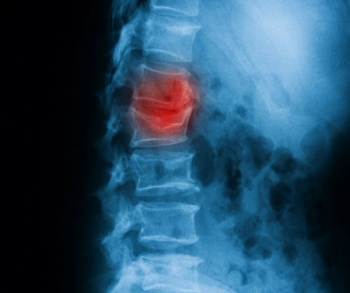
The new artificial intelligence-powered software from Nanox reportedly identifies findings suggestive of compression fractures and low density on computed tomography (CT) images and facilitates more precise measurement of these fractures.

The new artificial intelligence-powered software from Nanox reportedly identifies findings suggestive of compression fractures and low density on computed tomography (CT) images and facilitates more precise measurement of these fractures.

While there can be an array of challenges in outsourcing night coverage to teleradiology service providers, due diligence with contract terms can help mitigate costs and increase flexibility if radiology practices decide to switch teleradiology providers down the line.
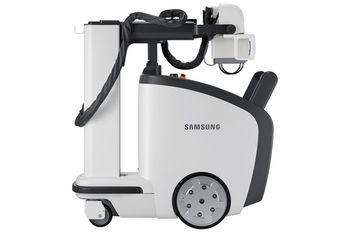
Offering enhanced operational capabilities and efficiency, the mobile digital radiography modality reportedly provides improved image quality and software that may help detect pulmonary nodules.
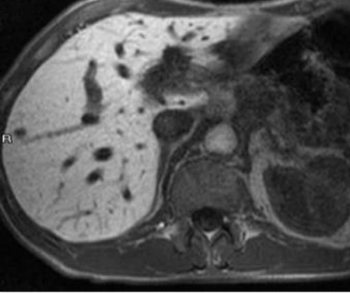
Could an emerging modality provide a viable alternative to gadolinium-based contrast agents (GBCAs) in this high-risk patient population?
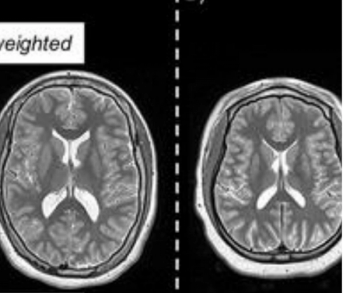
In a recently published study, researchers found that multiparametric quantitative magnetic resonance imaging (qMRI) may detect subtle biomarkers of conditions such as autism and cerebral palsy in adolescents with extremely preterm births.

What is your diagnosis?
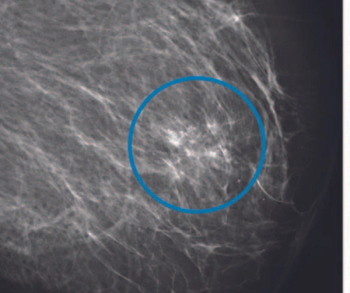
In a retrospective study involving mammography screening in over 114,000 women, researchers found that an artificial intelligence model had comparable specificity and sensitivity to radiologist screenings, reduced false positive results by 25 percent and reduced radiologist workload by more than 62 percent.

Are frivolous time-wasting tasks eating away at the core of what you think your job should be?

Review top radiology content from the week.

Emerging literature suggests a seemingly insurmountable wave of physician burnout in radiology. While the recently enacted Dr. Lorna Breen Health Care Provider Protection Act offers the promise of increased awareness, education, and funding to help prevent burnout, an increased commitment and flexibility from institutional leadership may also be key to erasing stigmas and driving meaningful change.

The enhanced immediacy, peer-to-peer interaction and networking capabilities of social media platforms, particularly newer vehicles such as Instagram and TikTok, may help reinvent educational models in radiology.

A new study suggests that deep learning algorithms with multimodal ultrasound have comparable specificity and sensitivity to subjective expert assessment and use of the O-RADS classification to distinguish between benign and malignant ovarian tumors.
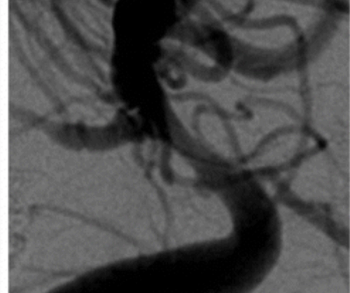
Emphasizing the proper diagnostic characterization of sidewall aneurysms, the authors of a new study found no significant differences in occlusion status or complications when they compared the approved use of intrasaccular flow disruption for bifurcation aneurysms to off-label treatment of sidewall aneurysms.

What is your diagnosis?
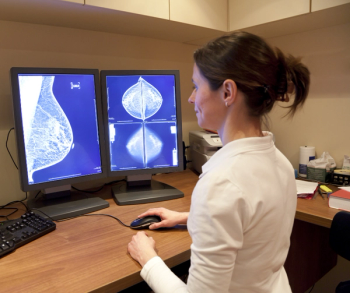
Validating a prognostic scoring system for locoregional recurrence risk in post-mastectomy patients with varying levels of axillary lymph node involvement, emerging research suggests patients with intermediate risk for breast cancer recurrence could benefit from post-mastectomy radiotherapy.

Does the assessment of complex cases in patients with multiple medical issues carry a certain psychological burden?

Review top radiology content from the week.
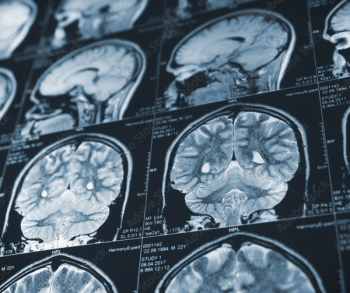
The advisory emphasizes that the computer-aided triage and notification (CADt) devices, many of which incorporate artificial intelligence (AI) or machine learning technology, are intended to aid radiologists in prioritizing the assessment of brain imaging that may reveal signs of large vessel occlusion (LVO).

Taking stock of one’s leadership style, strengths and weaknesses can pay dividends in managing a busy radiology department or practice.

What is your diagnosis?
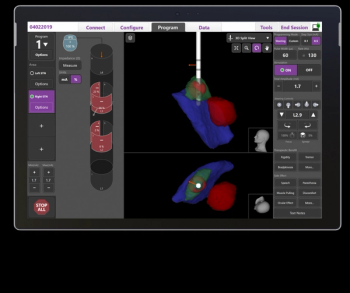
Boston Scientific’s STIMVIEW XT reportedly enables 3D brain imaging that facilitates more accurate lead placement and targeted stimulation modeling for patients with Parkinson’s disease or essential tremor.

What is your diagnosis?

In a recent video interview, Arun Krishnaraj, MD, MPH and David Larson, MD, MBA, discussed the continued use of physical media to transport medical images between different health-care facilities, resulting inefficiencies and delays with patient care, and the initiative to create a linked multi-hub model to end this dated practice once and for all.
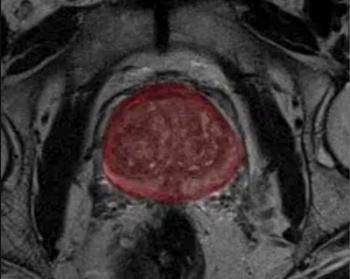
In addition to segmentation of the prostate, the artificial intelligence (AI)-enabled advance reportedly facilitates PI-RADS scoring by assessing the size and intensity of possible lesions.

In addition to recharging one’s batteries, a temporary hiatus from employment may provide time for self-reflection and recognition of what you truly enjoy about your work.

Review top radiology content from the week.
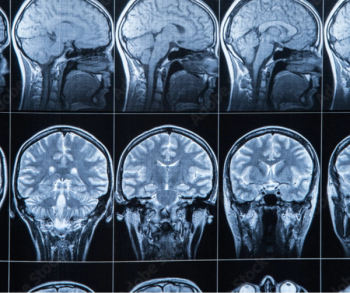
The new artificial intelligence (AI) algorithm reportedly flags suspected cases of brain aneurysm and facilitates multidisciplinary care.
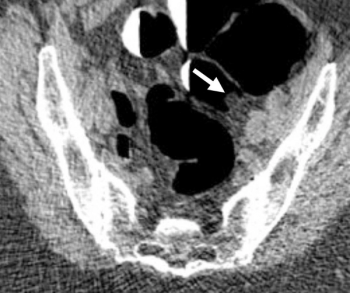
In a formal request to the Centers for Medicare and Medicaid Services (CMS), the American College of Radiology (ACR) emphasized that Medicare and Medicaid coverage of computed tomography colonography (CTC) could significantly improve colorectal cancer screening rates for at-risk populations.

What is your diagnosis?